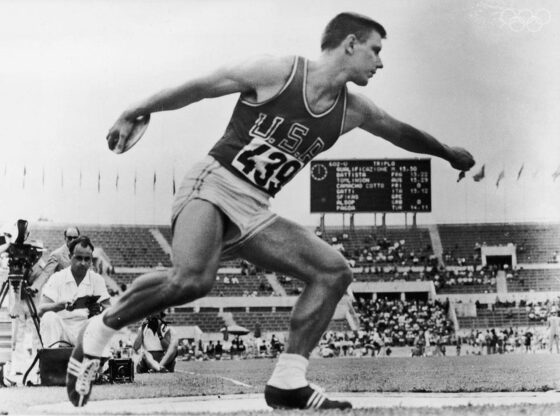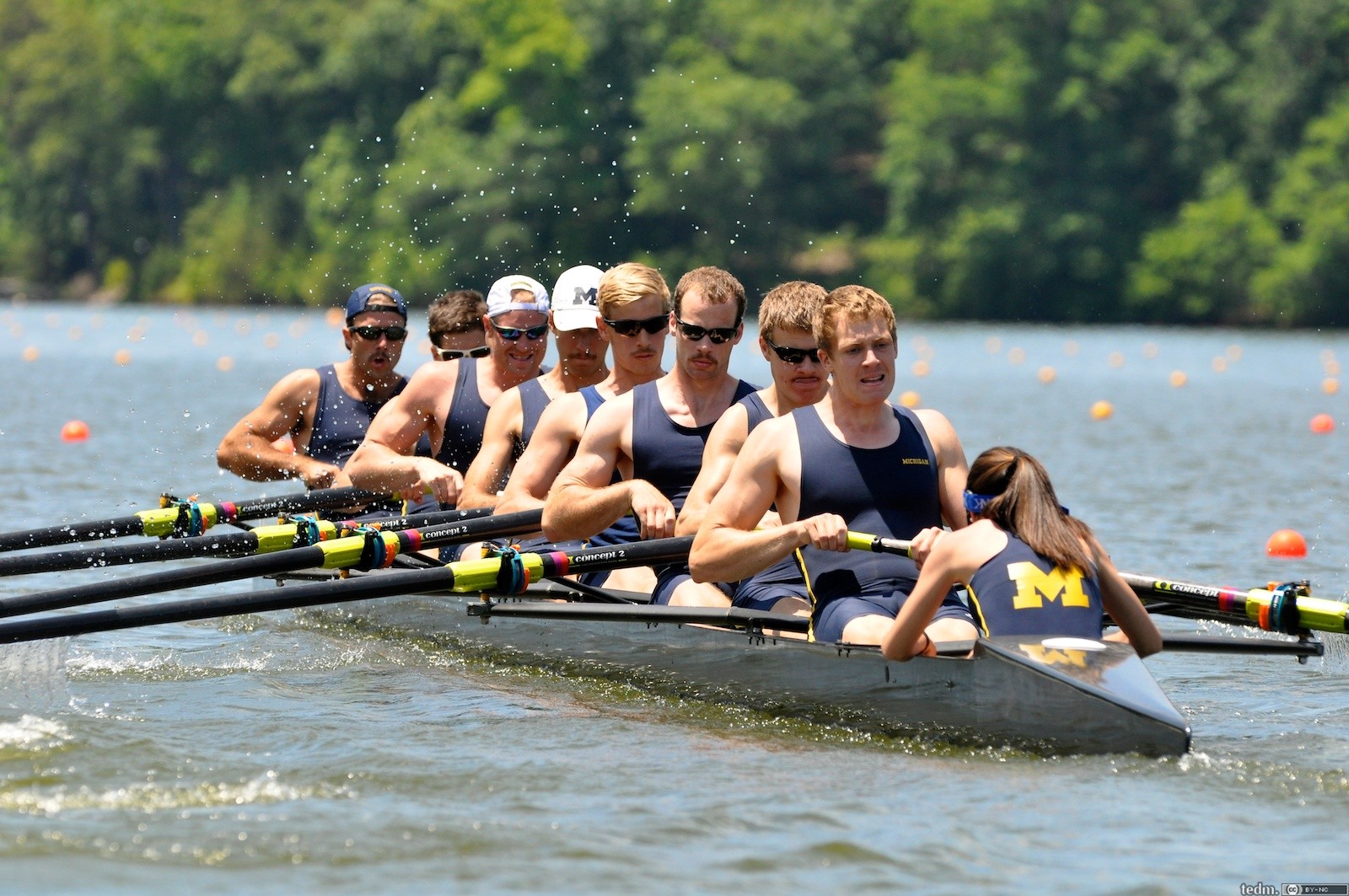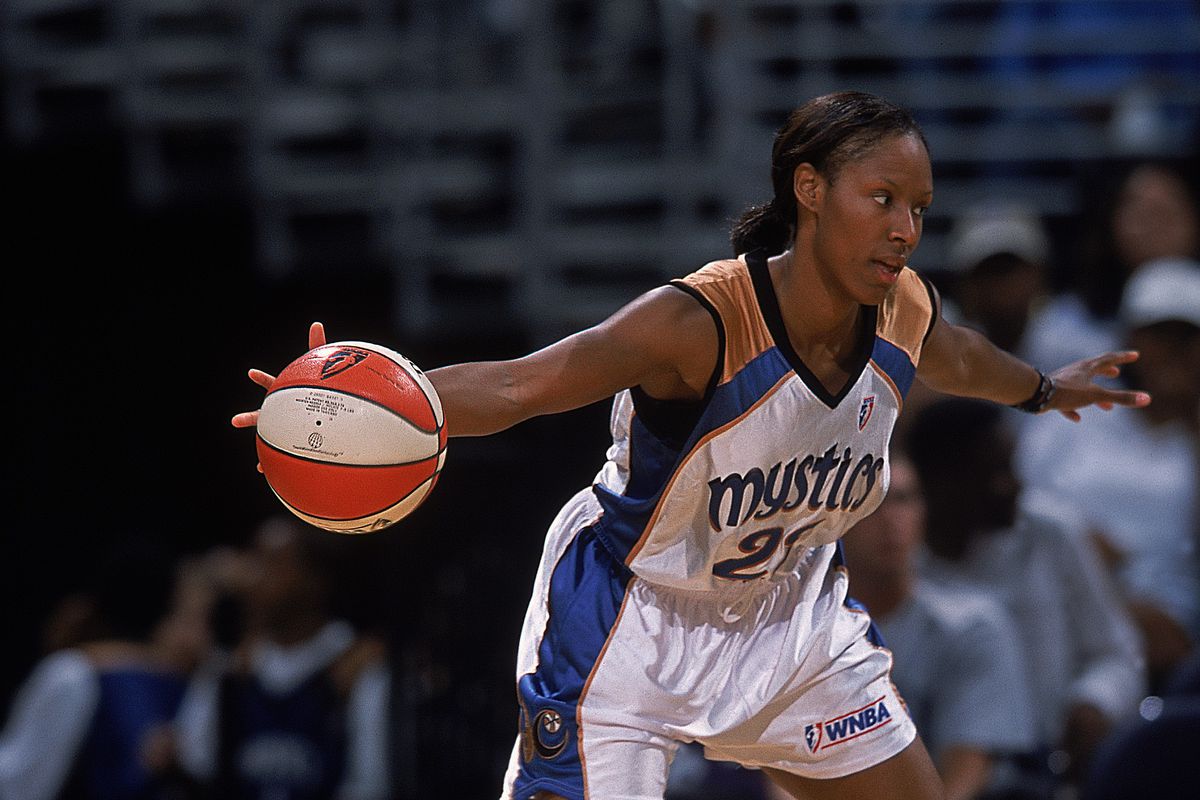Alfred Oerter Jr. was the first athlete to win a gold medal in the same individual event in four consecutive Summer Olympics.
Born in the Astoria neighborhood of Queens, New York, on this date in 1936, Oerter [OAR-ter] grew up in New Hyde Park on Long Island. He attended Sewanhaka High School, alma mater of Telly Savalas–star of the 1970s TV series Kojak, and 1986 Heisman Trophy winner Vinny Testaverde. Oerter competed in track at Sewanhaka, first as a sprinter then as a miler. His career began when a discus landed at this feet one day during practice. When the coach saw Oerter sail it back toward the throwing ring, he was moved from running to throwing events. After graduating from Sewanhaka in 1954, Oerter accepted a scholarship to the University of Kansas, where he competed with Wilt Chamberlain [Daily Dose, 3/2/16] on the Jayhawks track & field team. The 6’4”, 280 pound Oerter was a natural thrower. Just five years after first picking up a discus, he qualified for the U.S. Olympic team.
Al Oerter was 20 when he entered the 1956 Games in Melbourne, Australia. A decided underdog in the discus competition, his first throw in the finals was a career-best 184 feet, 22 inches, which set a new Olympic record. Oerter’s throw went unmatched, giving him the gold medal by more than five inches. After an automobile accident nearly killed him the following year, it appeared Oerter’s athletic career would be over, yet he returned to win NCAA discus titles in 1957 and 1958. The following year, he captured gold at the Pan Am Games in Chicago. In the 1960 Rome Games, Oerter trailed American teammate and world record holder Rink Babka after the fourth [of six] rounds. In his fifth throw, Oerter broke his own Olympic record by nearly ten feet to claim the gold medal. Two years later, he became the first man to break 200 feet in the discus and set his first world record.
Six days before the start of the 1964 Summer Games in Tokyo, Oerter tore cartilage in his ribs, causing internal bleeding and severe pain. Team doctors advised him to forget the Olympics and not throw for six weeks. Oerter refused, saying, “These are the Olympics. You die before you quit.” Competing in great pain and heavily-taped, Oerter won his third gold medal while setting a new Olympic record.
Oerter qualified for his fourth Olympic team in 1968. At 32 years old, he was no longer the favorite, yielding that position to teammate Jay Silvester. Competing in the high altitude of Mexico City, Oerter unleashed his third throw over 212 feet to set a new Olympic record. In the process, he became the first athlete to win four straight Olympic gold medals in the same event. Mr. Oerter retired from athletics after the 1968 Olympics, only to eye a comeback eight years later. While resuming training in 1976, Oerter threw better than ever before, hurling the discuss 15 feet farther than he had in the 1968 Olympics. He failed to make the 1976 Olympic team but continued to train. At a meet in May 1980, he threw 227 feet, 11 inches—a mark that would have won gold in Moscow a few months later. Oerter failed to qualify for the 1980 team. In 1982, while filming a segment for ESPN, Oerter unofficially threw 245 feet, which would have set a still-standing world record. Two years later, at 47, he reached the finals of the 1984 Olympic trials but was forced to withdraw after tearing a calf muscle midway through the competition.
Alfed Oerter Jr. is the greatest discus thrower in history and one of the top Olympians of all time. He set four Olympic records in four straight Summer Games, each earning him a gold medal while defeating the reigning world record holder. Oerter won six world championships and set a half-dozen world records in an era when track & field athletes could not afford to train full-time. When not training with the New York Athletic Club, the sandy-haired Oerter worked full-time as a computer executive for an aircraft company on Long Island. Mr. Oerter carried the Olympic flag during the 1984 Los Angeles Games and carried the Olympic flame into the stadium in Atlanta in 1996. An accomplished abstract artist, he founded Art of the Olympians, an organization that showcased the works of former Olympic athletes. Al Oerter died October 1, 2007 of cardiovascular disease. He was 71.
“The first one, I was really young; the second, not very capable; the third, very injured; the fourth, old.”- Al Oerter, in 1991









